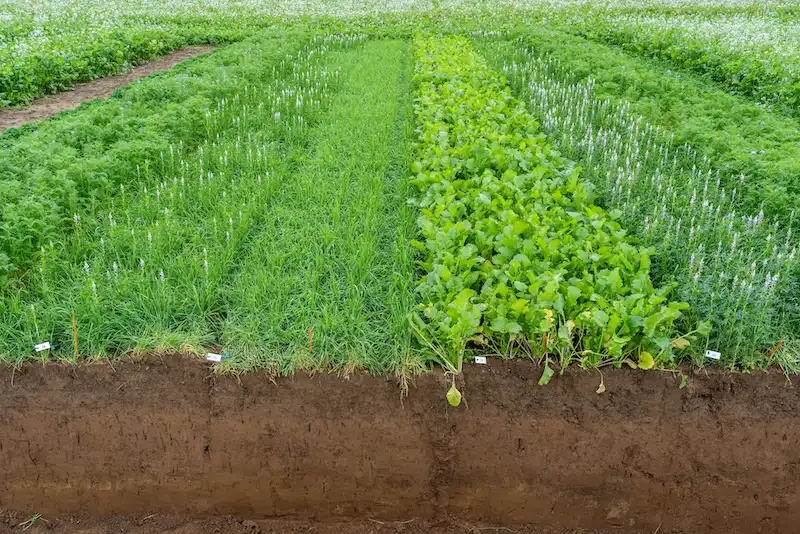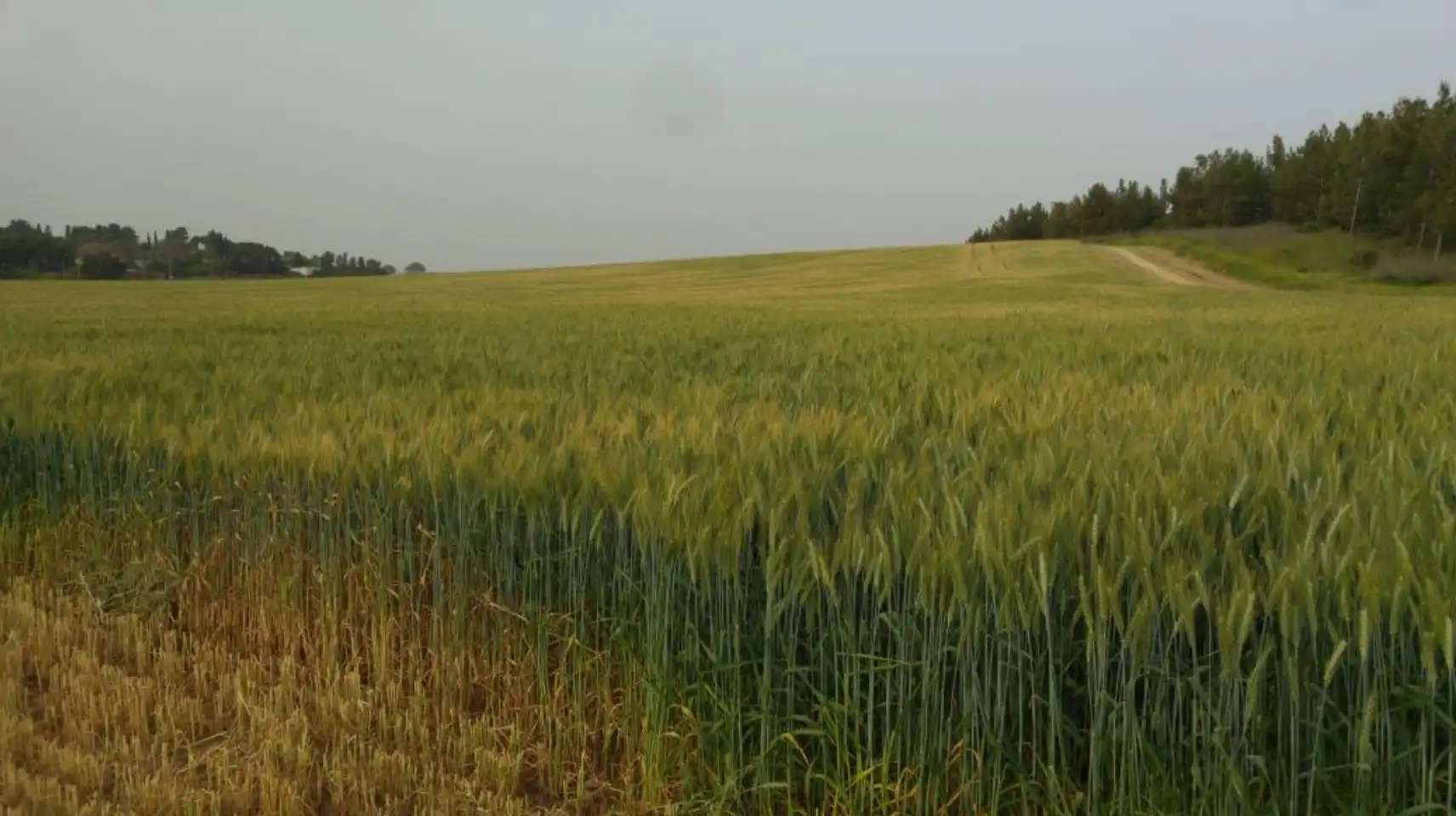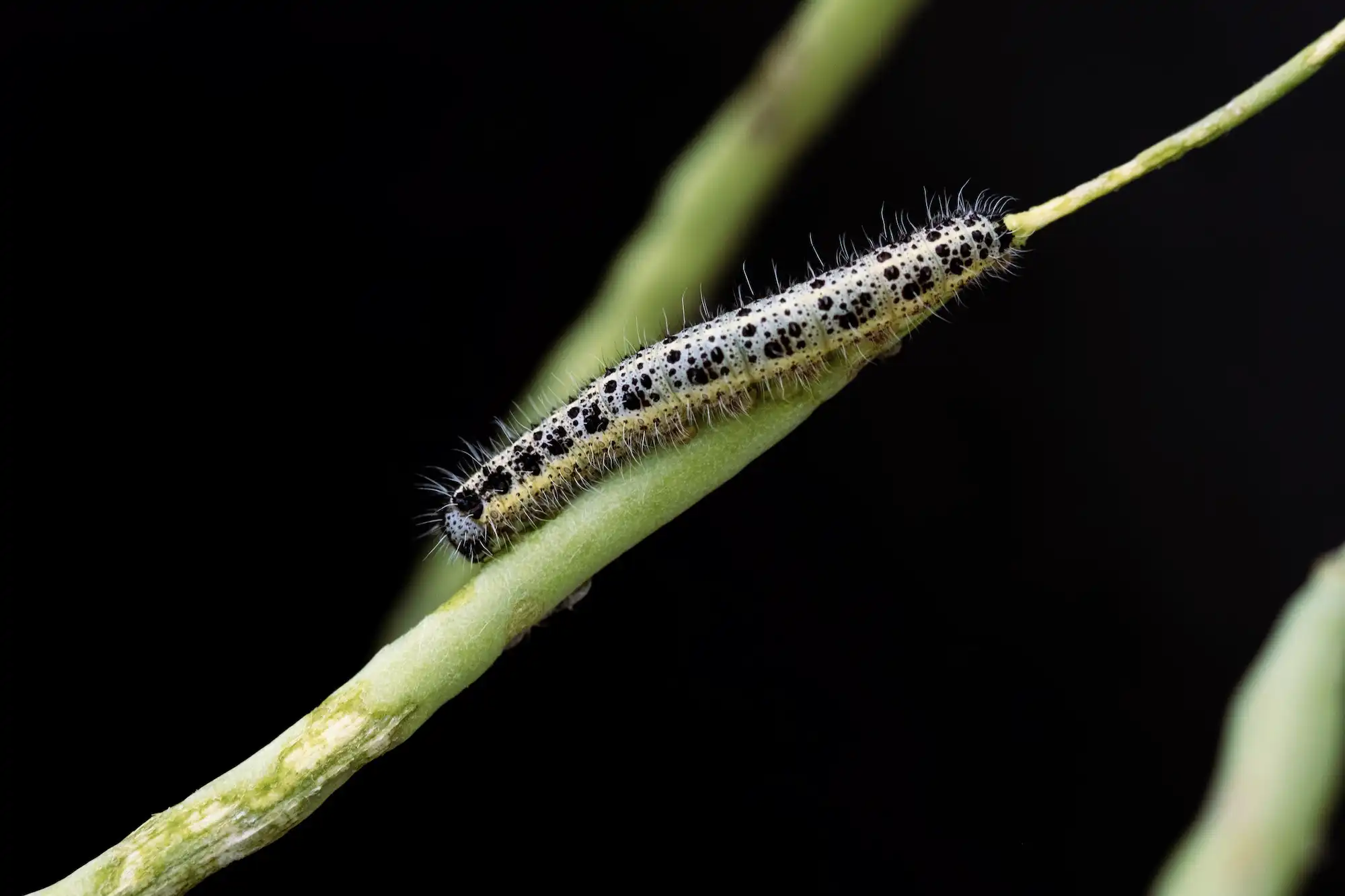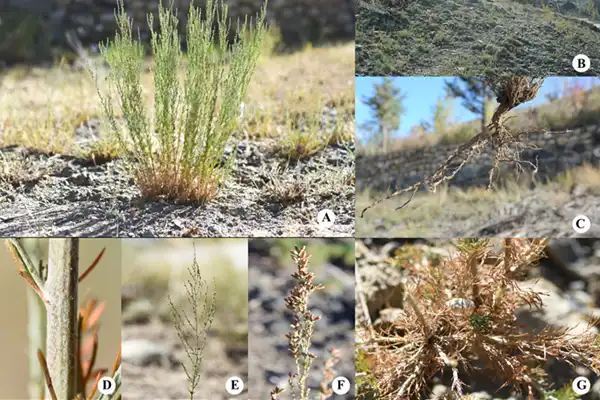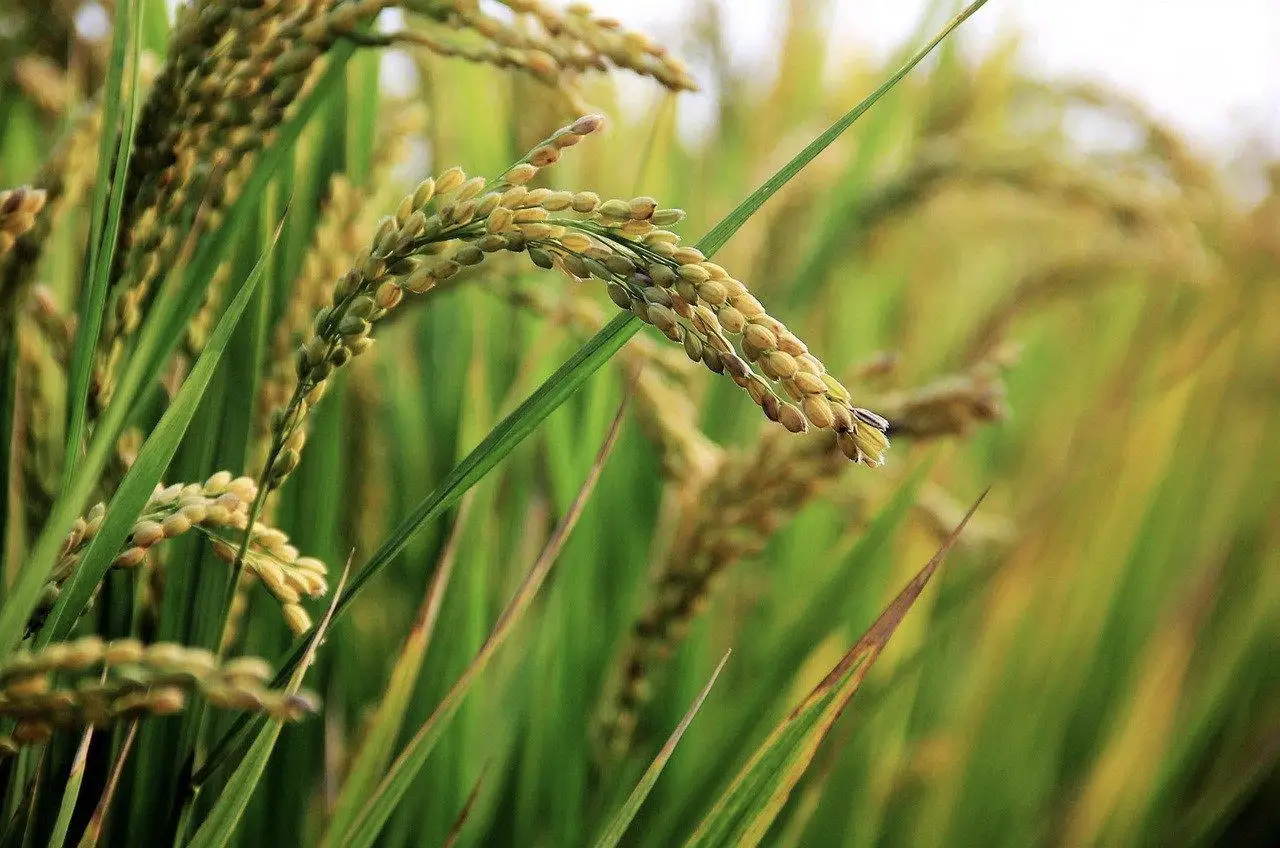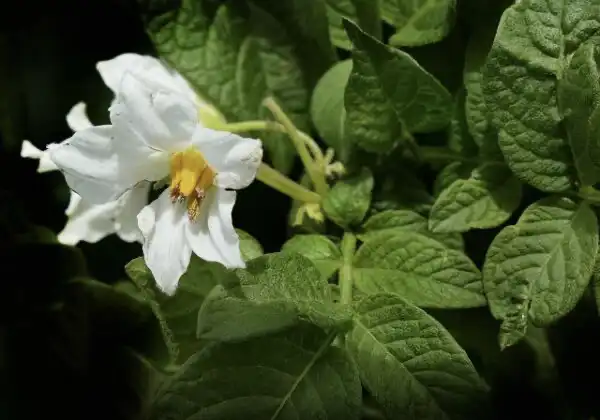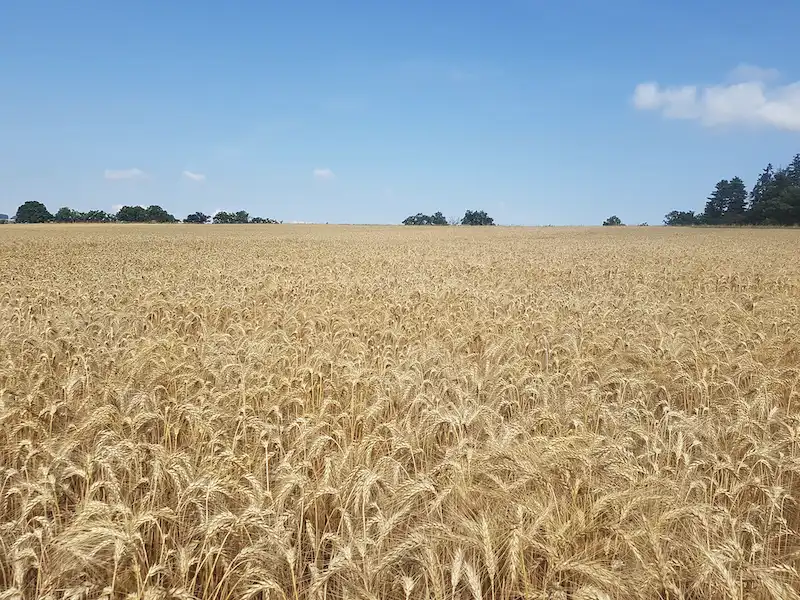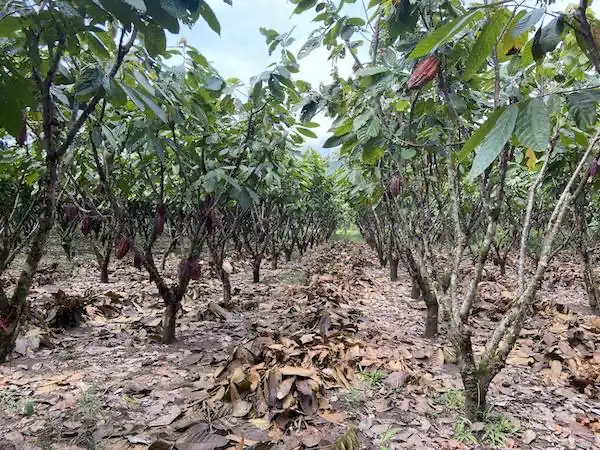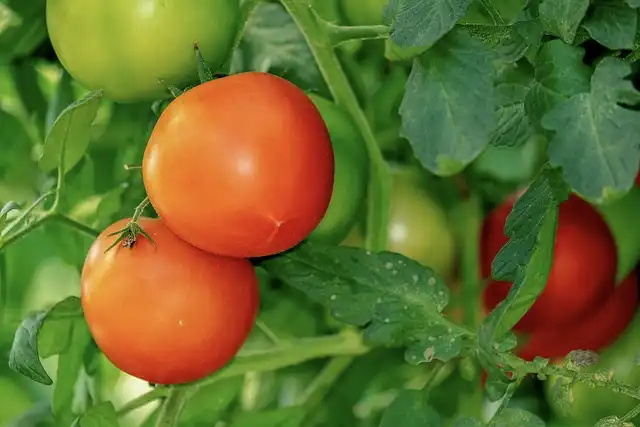
Biologists have found evidence for evolutionary “syndromes”—sets of traits that occur together—that help to explain how tomatoes first evolved their distinctive blend of color, sweetness, acidity and aroma. The research, not only shines a light on how fruits evolve in the wild, but will also be valuable to crop-improvement efforts aimed at breeding more nutritious and appealing varieties of fruits.


